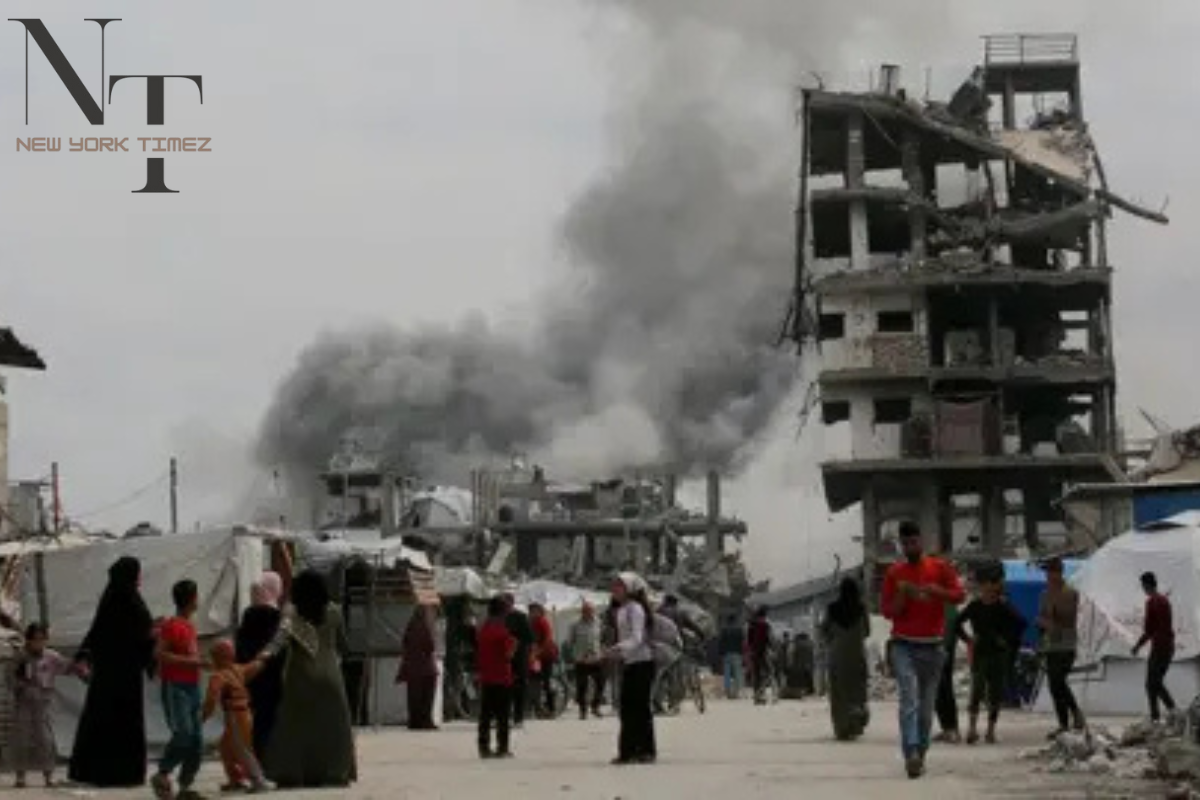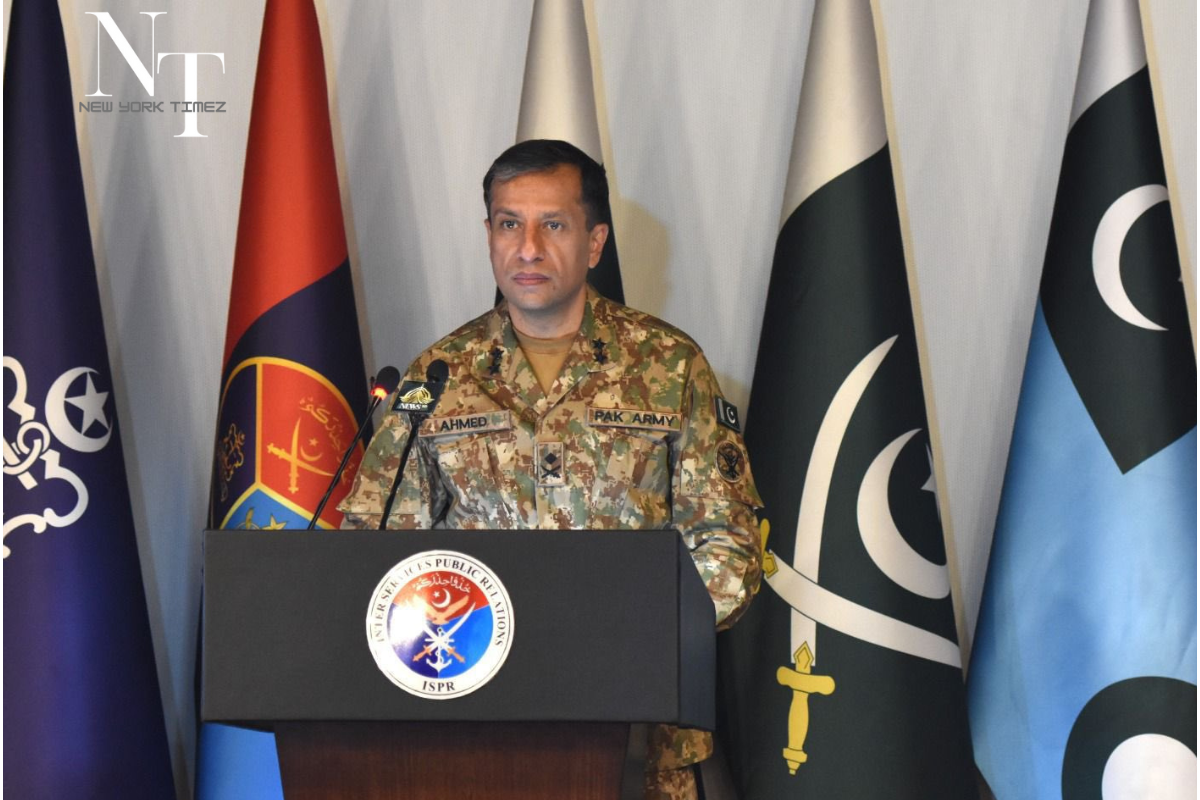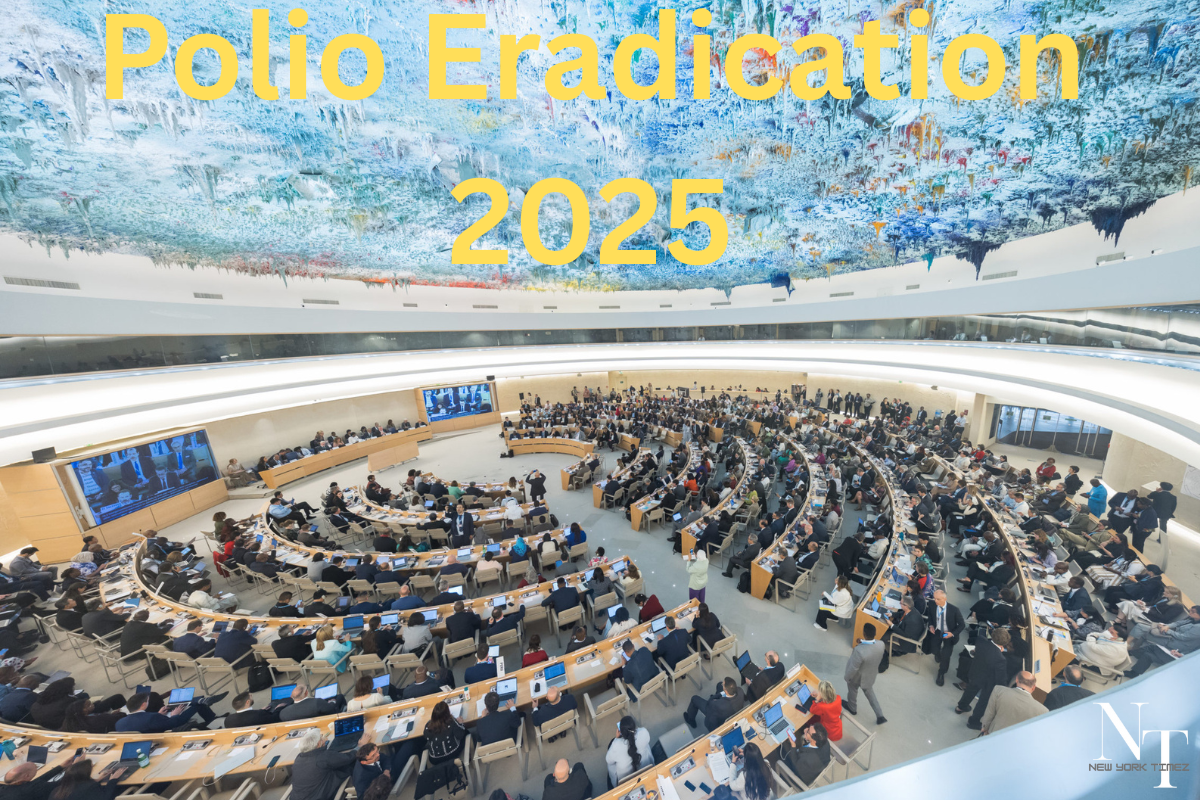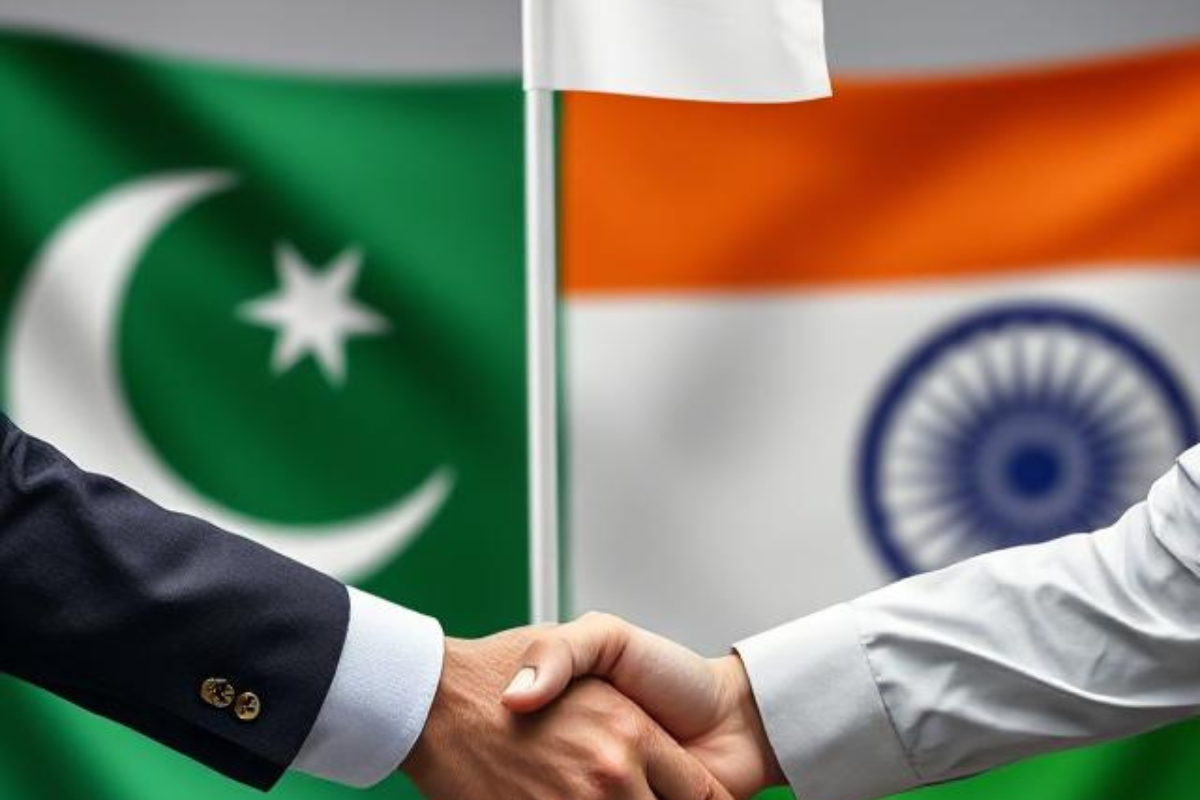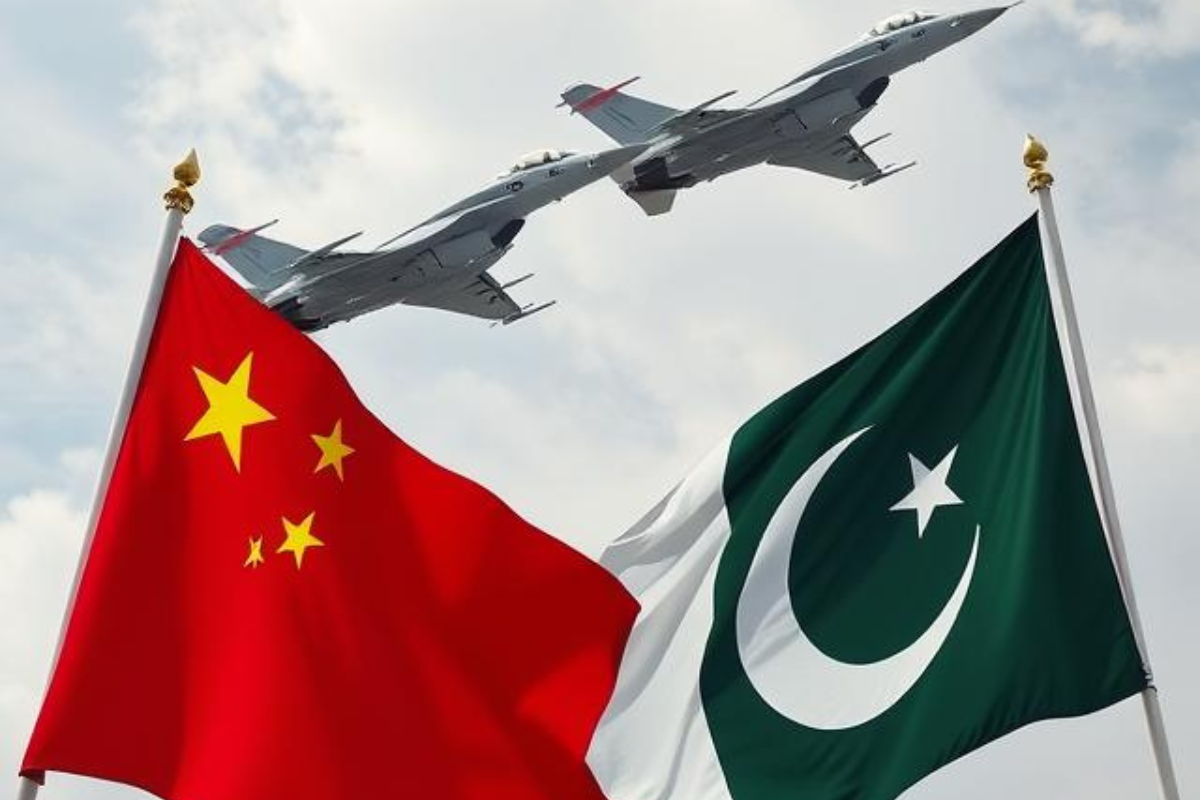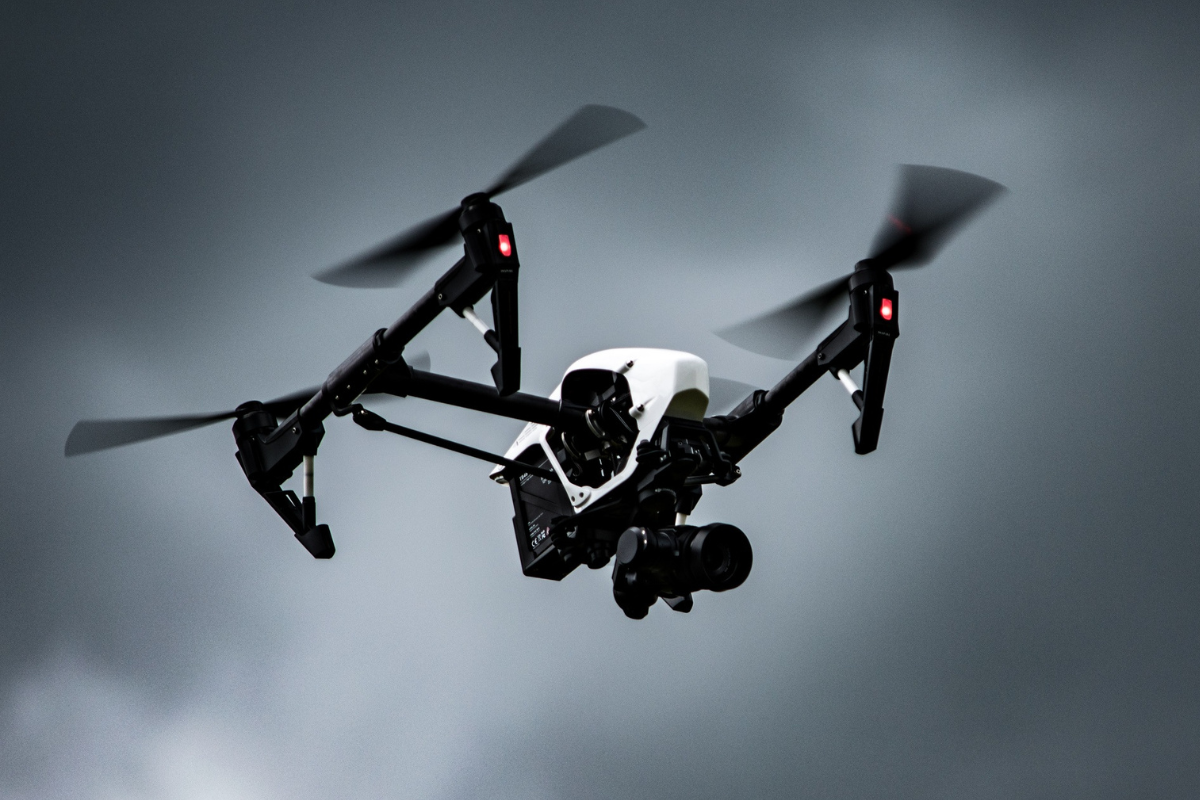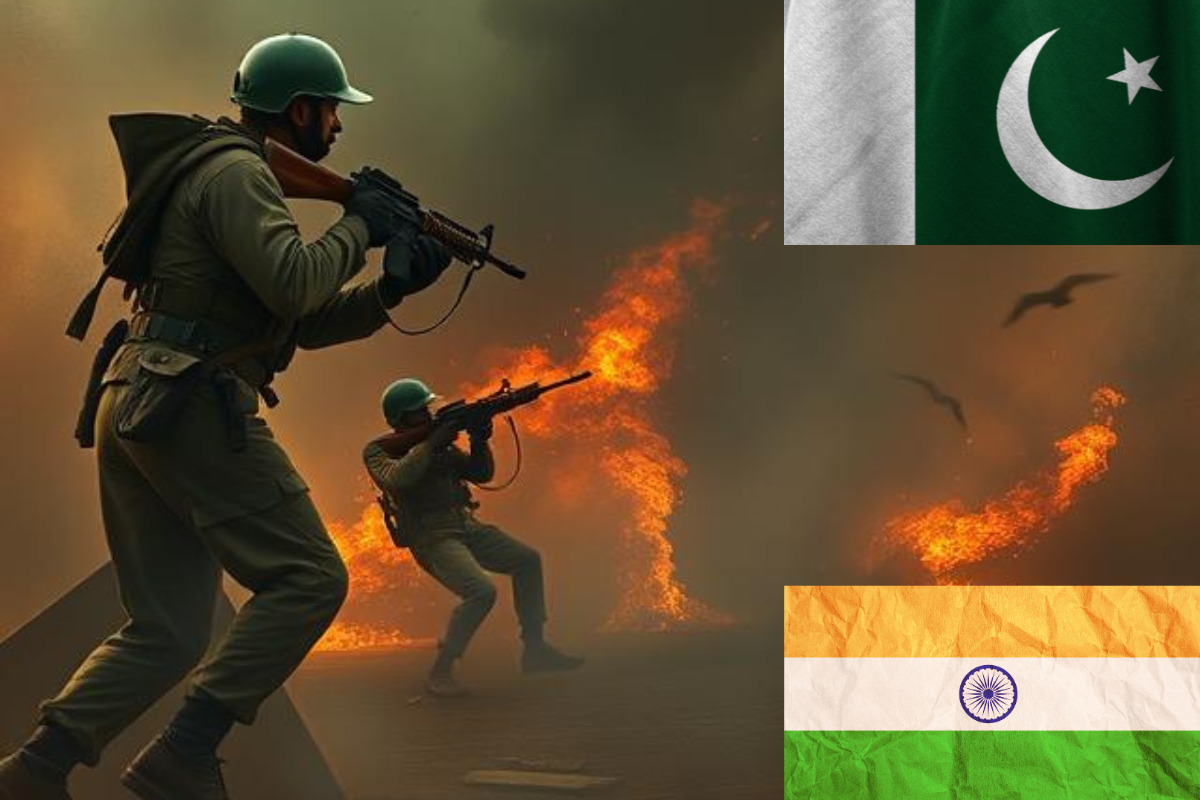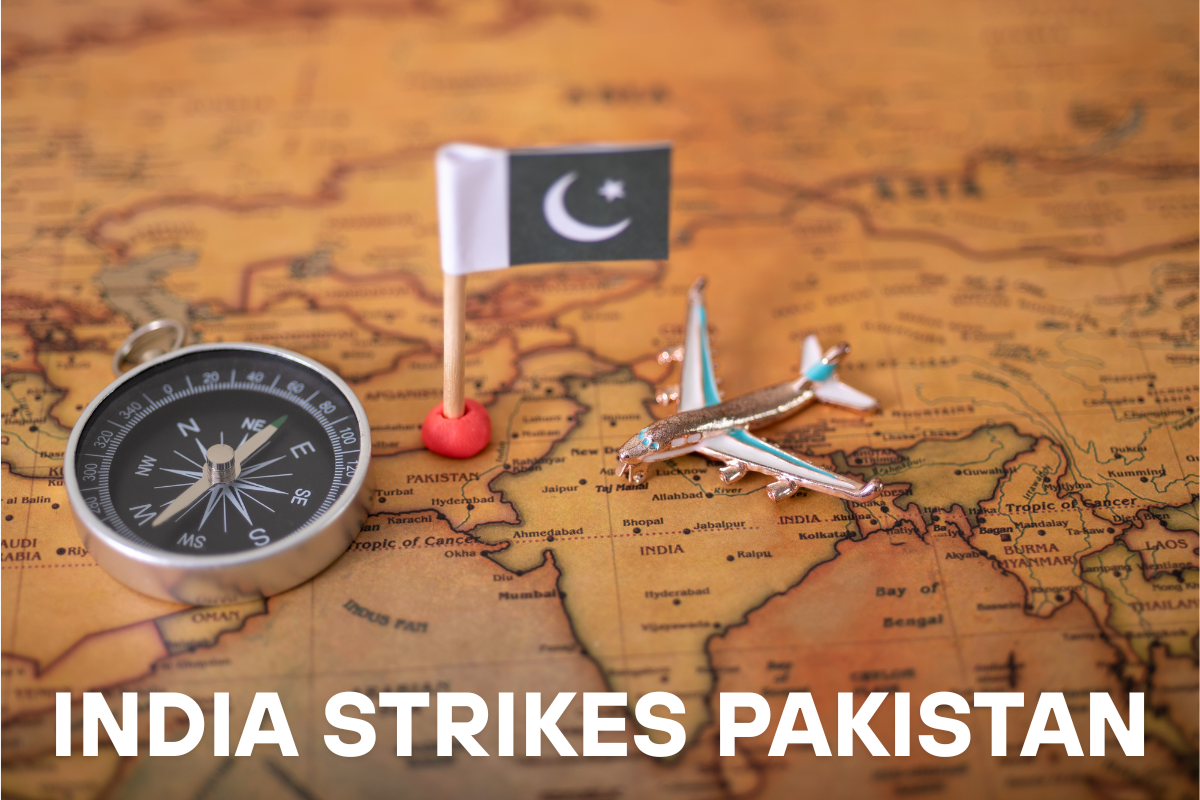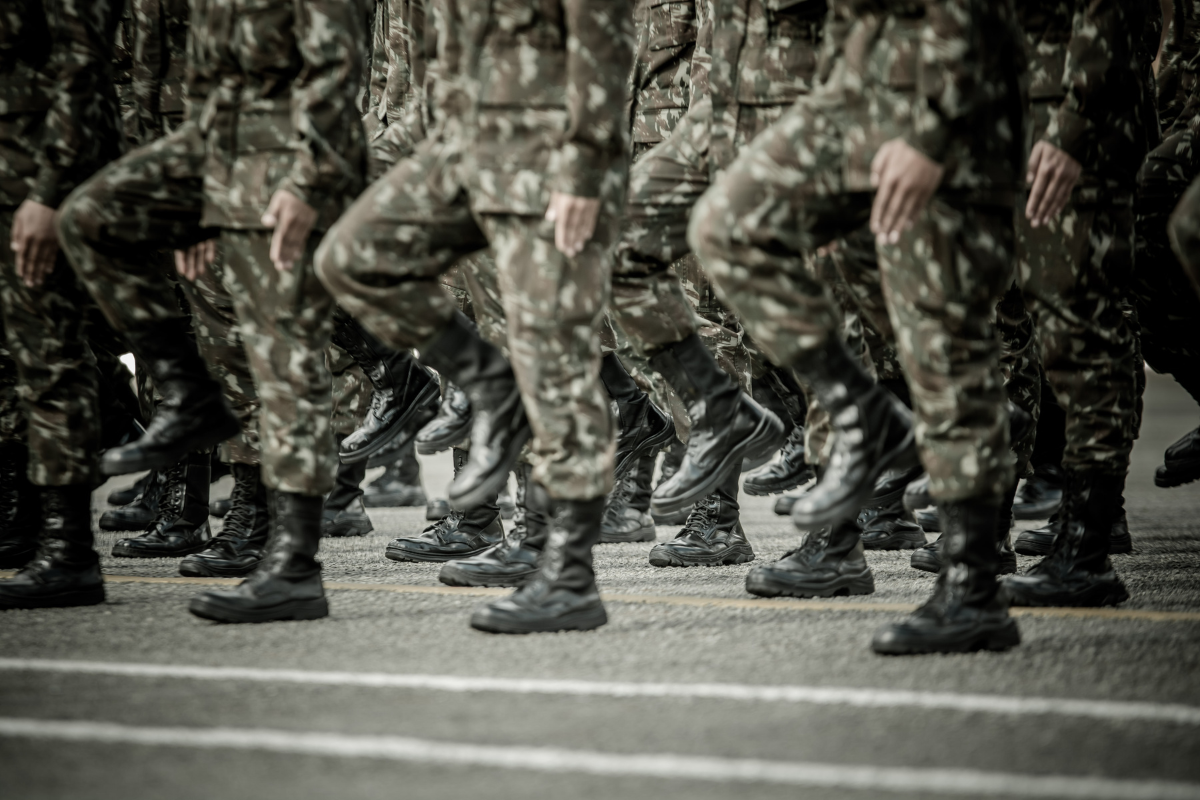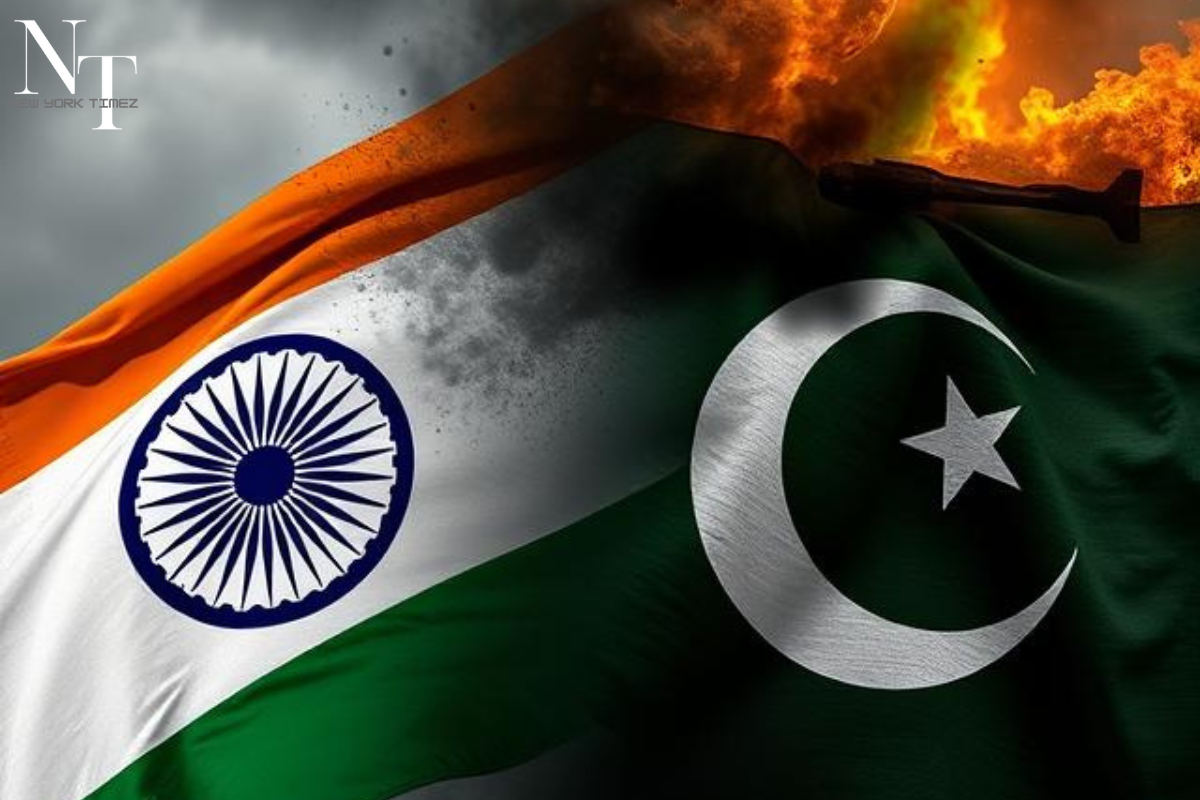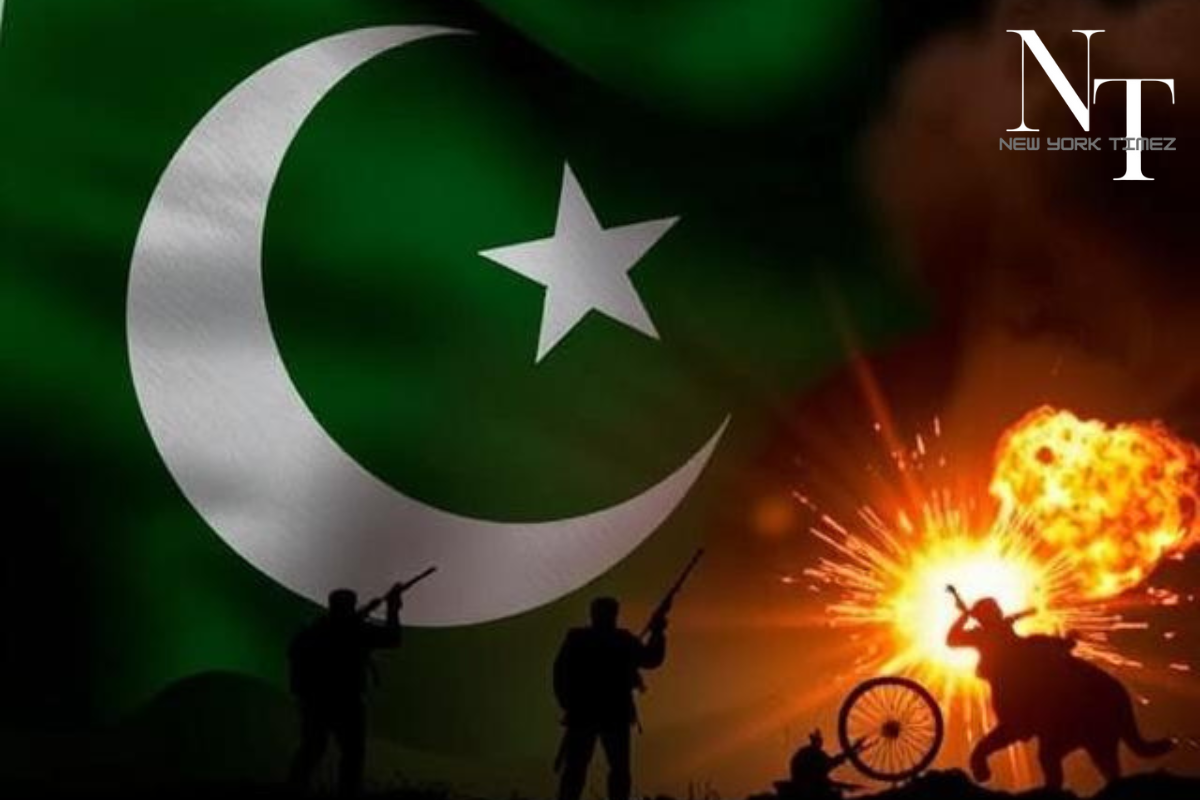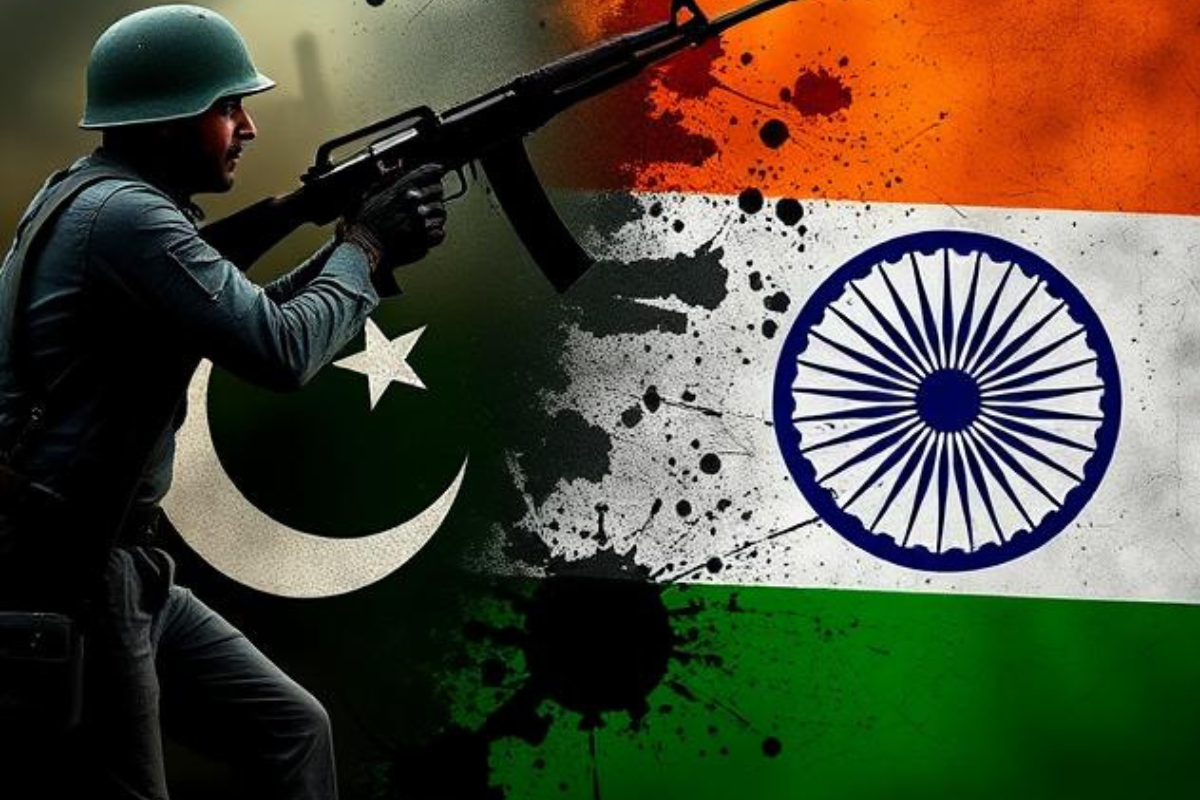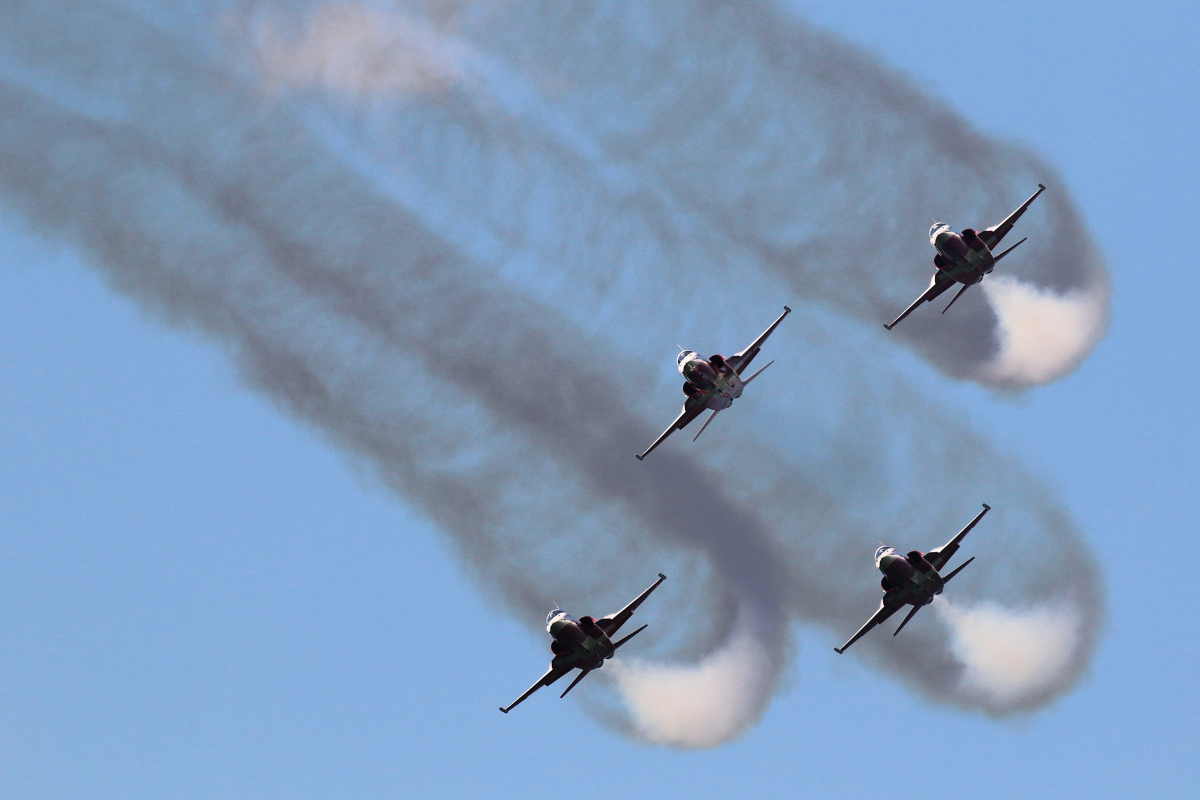
India’s Air Strikes on Pakistan: What Happened and What Comes Next?
Introduction
Tensions between India and Pakistan have escalated dramatically following India’s recent air and missile strikes on Pakistani territory. The operation, named “Operation Sindoor,” was launched in response to a deadly attack on Hindu tourists in Indian-administered Kashmir. India claims the strikes targeted terrorist infrastructure, while Pakistan denounces them as an act of war. This article breaks down the key events, reactions, and potential implications of this crisis.
Background: The Pahalgam Attack
On April 22, 2025, a militant attack occurred in Pahalgam, a town in Indian-administered Kashmir, resulting in the deaths of 26 Hindu tourists and their guide. India attributed the attack to Pakistan-based terrorist groups, specifically Lashkar-e-Taiba and Jaish-e-Mohammed. Pakistan denied any involvement, stating that India had not provided concrete evidence to support its claims.
Trending News: Pakistan Says 5 Indian Jets Downed Amid Major Escalation
Operation Sindoor: India’s Response
The Strikes
In the early hours of May 7, 2025, India launched “Operation Sindoor,” targeting nine sites across Pakistan and Pakistan-administered Kashmir. The operation lasted approximately 25 minutes, from 1:05 AM to 1:30 AM India time. India stated that the strikes were aimed at dismantling terrorist infrastructure responsible for the Pahalgam attack.
Targets and Weapons Used
The Indian Air Force deployed Rafale jets equipped with SCALP missiles and AASM Hammer bombs. The targeted locations included areas in Bahawalpur, Muridke, Tehra Kalan, Sialkot, Bhimber, Kotli, and Muzaffarabad. India claimed these sites were linked to Lashkar-e-Taiba, Jaish-e-Mohammed, and Hizbul Mujahideen.
India’s Justification
Indian officials described the strikes as “measured” and “non-escalatory,” emphasizing that they targeted terrorist infrastructure without hitting Pakistani military installations. India asserted that the operation was necessary to re-establish deterrence against cross-border terrorism.
Pakistan’s Reaction
Immediate Response
Pakistan condemned the strikes as an act of aggression and a violation of its sovereignty. The Pakistani government reported that 31 civilians were killed, including children, and 46 others were injured. Pakistan claimed that mosques and residential areas were among the sites hit.
Military Retaliation
In response, Pakistan authorized its military to undertake proportionate retaliation. The Pakistani Air Force claimed to have shot down five Indian fighter jets and a drone. Debris from the downed aircraft was reportedly found in Indian-administered Kashmir and northern Punjab. Pakistan also reported striking an Indian brigade headquarters, though details remain unconfirmed.
Political Statements
Pakistani Prime Minister Shehbaz Sharif condemned India’s actions as “cowardly” and vowed that India would “suffer the consequences.” Defense Minister Khawaja Asif stated that Pakistan is prepared for an all-out war but prefers to avoid one. The Pakistani government summoned India’s charge d’affaires to lodge a formal protest.
Escalation Along the Line of Control
Following the airstrikes, exchanges of artillery fire intensified along the Line of Control (LoC), the de facto border between India and Pakistan in the disputed Kashmir region. Both sides reported civilian casualties and damage to property. Evacuations were ordered in areas near the LoC due to the heightened risk of conflict.
International Reactions
Calls for Restraint
The international community expressed deep concern over the escalating tensions. The United Nations, United States, United Kingdom, China, Russia, Iran, and the United Arab Emirates all called for immediate de-escalation and urged both countries to engage in diplomatic dialogue.
U.S. Response
U.S. President Donald Trump described the situation as “a shame” and expressed hope that the conflict would end quickly. The U.S. diplomatic mission in Pakistan issued a security alert, stating that it was closely monitoring developments.
China’s Position
China’s foreign ministry expressed regret over India’s military action and urged both India and Pakistan to maintain calm and restraint to prevent further complications.
Other International Responses
Israel’s ambassador to India expressed support for India’s right to self-defense, stating that terrorists must be held accountable for their crimes. The United Arab Emirates called for moderation and a reduction in tensions. Russia urged both countries to exercise restraint and resolve disputes through peaceful political and diplomatic means.
Potential for Further Escalation
Risk of War
Analysts warn that the situation could spiral into a broader conflict if not managed carefully. The presence of nuclear weapons in both countries adds a layer of complexity and danger to the crisis. Experts emphasize the importance of diplomatic efforts to prevent further escalation.
Domestic Pressures
In Pakistan, the military faces public criticism amid political instability, with former Prime Minister Imran Khan imprisoned. Analysts suggest that the military might use the current crisis to regain public support, particularly among urban middle classes. Media reports of downed Indian jets have bolstered the military’s image domestically.
Diplomatic Channels
Both countries have a history of engaging in backchannel diplomacy during crises. In 2019, after the Pulwama attack and subsequent airstrikes, diplomatic efforts led to the release of a captured Indian pilot and a de-escalation of tensions. Whether similar diplomatic channels can be effective in the current situation remains to be seen.
Conclusion
The recent airstrikes and subsequent military actions mark a significant escalation in India-Pakistan relations. With civilian casualties mounting and international concern growing, the need for restraint and diplomatic engagement is more critical than ever. Both nations must navigate this crisis carefully to avoid a full-scale conflict that could have devastating consequences for the region and beyond.
